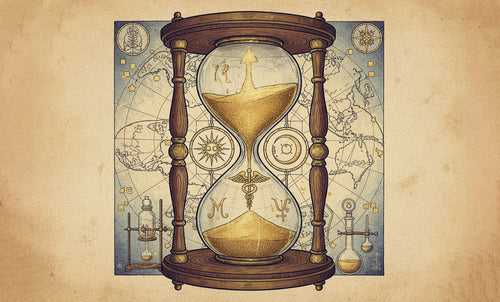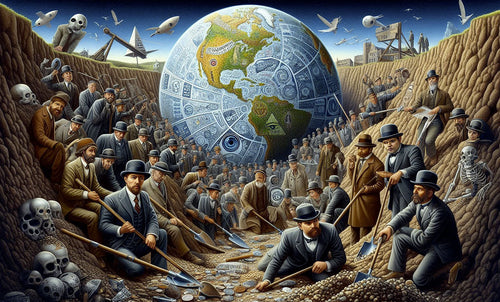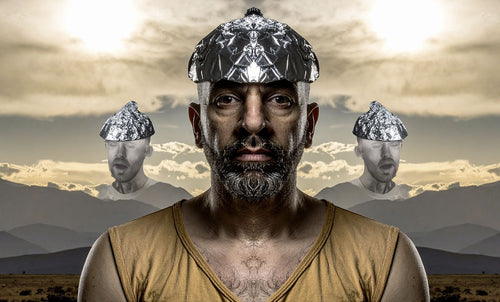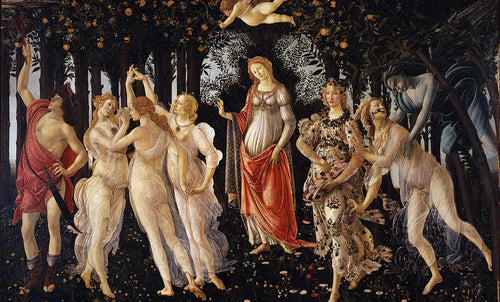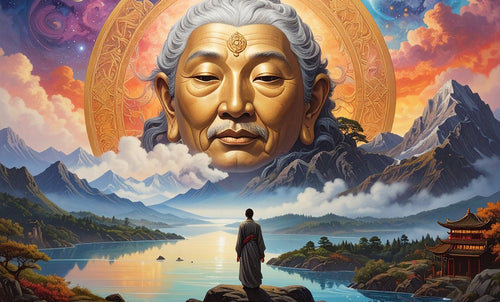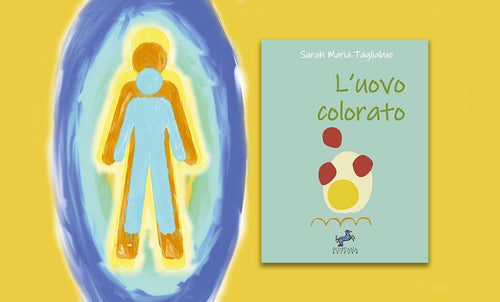
Personal Sovereignty: The Path to True Inner Freedom
Rocco FontanaPhoto by Mathew Schwartz on Unsplash
Taking responsibility for one's choices is much more than a moral duty: it is an act of inner awakening, a path to coherence and profound transformation.
Individual responsibility—or, we might say, personal sovereignty—is not just a virtuous attitude useful for personal or professional success: it is an ethical and spiritual principle that calls the individual to a profound dialogue with himself. It is not simply about accepting the consequences of one's actions, but involves a conscious and continuous choice of inner freedom . It means acting consistently with who one is, what one feels, what one thinks, transforming one's existence into a deliberate act of truth.
Carl Gustav Jung reminds us that "he who looks outside dreams; he who looks inside awakens." And it is precisely this inner gaze that forms the foundation of personal sovereignty. Being responsible—in the truest and most profound sense of the term—means observing what truly moves us, recognizing our motivations, fears, and shadows, but also the creative and transformative potential that each of us carries within. The first step is therefore awareness: an inner vigil, as Zen Buddhism would say, that lays us bare before our choices.
Philosopher and psychiatrist Viktor E. Frankl , a concentration camp survivor, wrote: “Between stimulus and response, there is a space. In that space lies our power to choose our response. In our response lies our growth and our freedom.” Personal sovereignty resides precisely in that space. It is there that we decide whether to respond automatically or with clarity, whether to repeat patterns or transform them, whether to act as a victim or a creator of our own life.
In a broader perspective, individual responsibility is not limited to self-realization, but becomes the foundation of collective responsibility. As Albert Schweitzer emphasized, ethical decisions do not arise from external norms, but from an intimate resonance with the value of life. Similarly, Pope Benedict XVI 's encyclical Caritas in Veritate affirms that every right implies a duty toward others: personal responsibility is inseparable from the common good.
But abstract awareness is not enough. We must act, every day, embodying what we have understood. William James observed that "everyone should do in every day at least two things he hates to do... because adversity builds character." Only daily practice transforms intuitions into habits. Ralph Waldo Emerson warned against mechanical and blind consistency, calling it "the bugbear of small minds," but at the same time recognized the need for constant commitment to what we believe to be true. Authentic consistency is not rigidity: it is fidelity to one's own center .
Aristotle also helps us understand this dynamic when he states that "we are what we repeatedly do. Excellence is not an act, but a habit." Personal sovereignty then becomes a habit of the soul, a way of being in the world. Every day we build a little more through small gestures, choices, sacrifices, and achievements. Motivation may kickstart the process, but it is habit—as Jim Rohn reminds us—that sustains us over time.
In the spiritual realm, Osho questioned any system of externally imposed precepts, arguing that "giving commandments is a crime that deprives you of your freedom and responsibility." True personal sovereignty arises from radical freedom, not obedience. And Thich Nhat Hanh , a master of Zen Buddhism, teaches us that "meditation is looking deeply into the heart of things... but after seeing, one must act." Contemplation cannot be an end in itself: authentic awareness brings with it a call to action.
Cultivating personal sovereignty is a long and non-linear journey, one that requires awareness, consistency, and courage. It means stopping, observing, choosing, making mistakes, and getting back on track. It also means setting goals that reflect one's inner and spiritual calling, and transforming them into small daily commitments. It means facing difficulties with clarity and dignity, accepting mistakes as learning opportunities . Not out of perfectionism, but out of love for truth.
Ultimately, the true key to developing individual responsibility—or better yet, personal sovereignty—is the conscious integration of thought, feeling, and action. It's living in harmony with who you are, even when it's uncomfortable. It's faithfulness to an inner voice that often speaks softly, but never lies. Mahatma Gandhi summed up this vision clearly when he said: "Happiness is when what you think, what you say, and what you do are in harmony."
In an age that tends to assign blame externally, rediscovering responsibility as personal sovereignty is a revolutionary act . It is taking charge of one's own destiny, but also a silent and powerful contribution to the transformation of the world. Because, as Bruce Lee said, "Absorb what is useful, discard what is not, add what is uniquely yours." Only in this way, step by step, does responsibility become a path to freedom and love for life.

